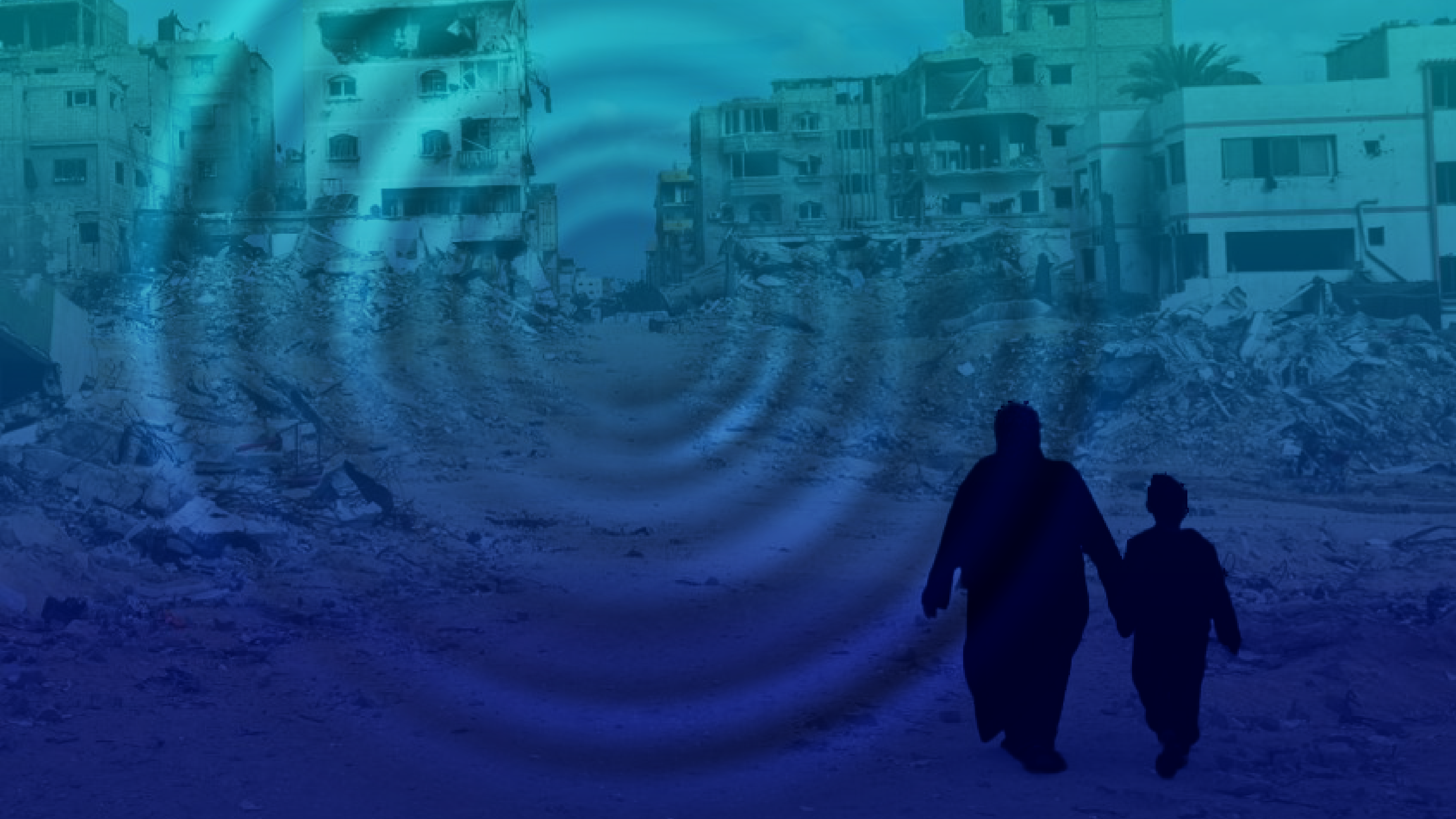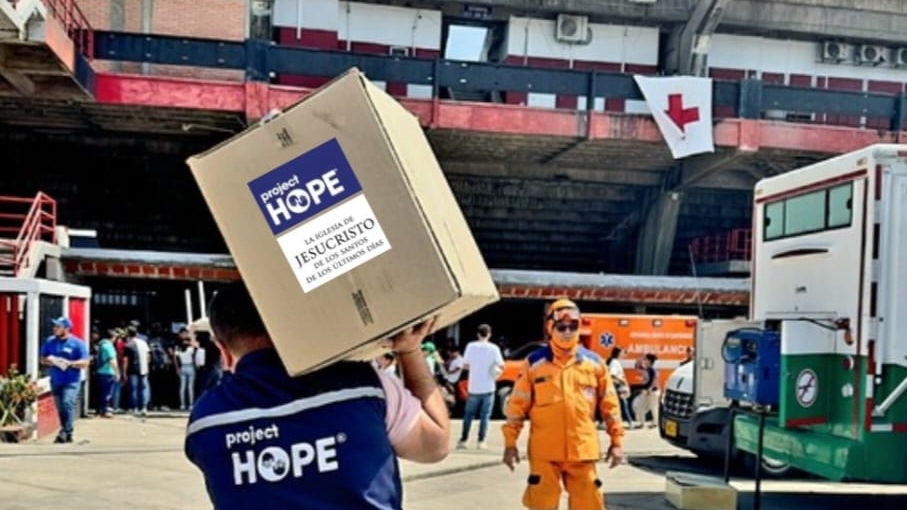Hurricane Milton: How to Help
Project HOPE is implementing long-term health strengthening programs in the aftermath of Hurricane Milton in Florida. Learn more about our response and how you can help.
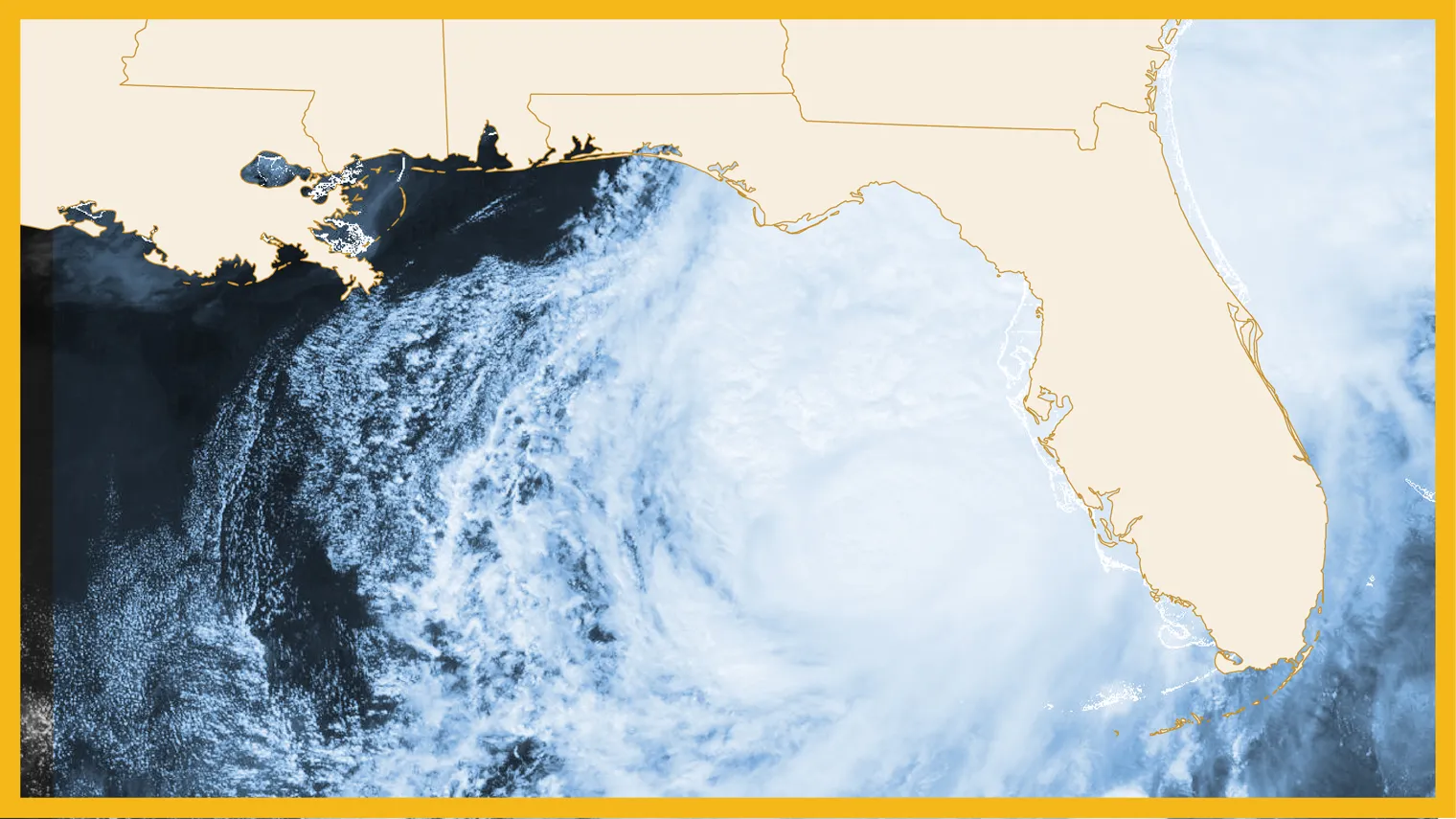
Hurricane Milton caused widespread damage in Florida after making landfall near Sarasota on October 9, leaving entire communities without power and facing widespread wind damage and flooding.
In the immediate aftermath, Project HOPE deployed emergency response professionals to Florida to provide critical medicine and humanitarian relief to the most affected communities. Now, we’re implementing long-term health strengthening programs following Milton’s destruction.
Read on to learn more about how you can help.
>>Read our latest Situation Report on Hurricane Milton
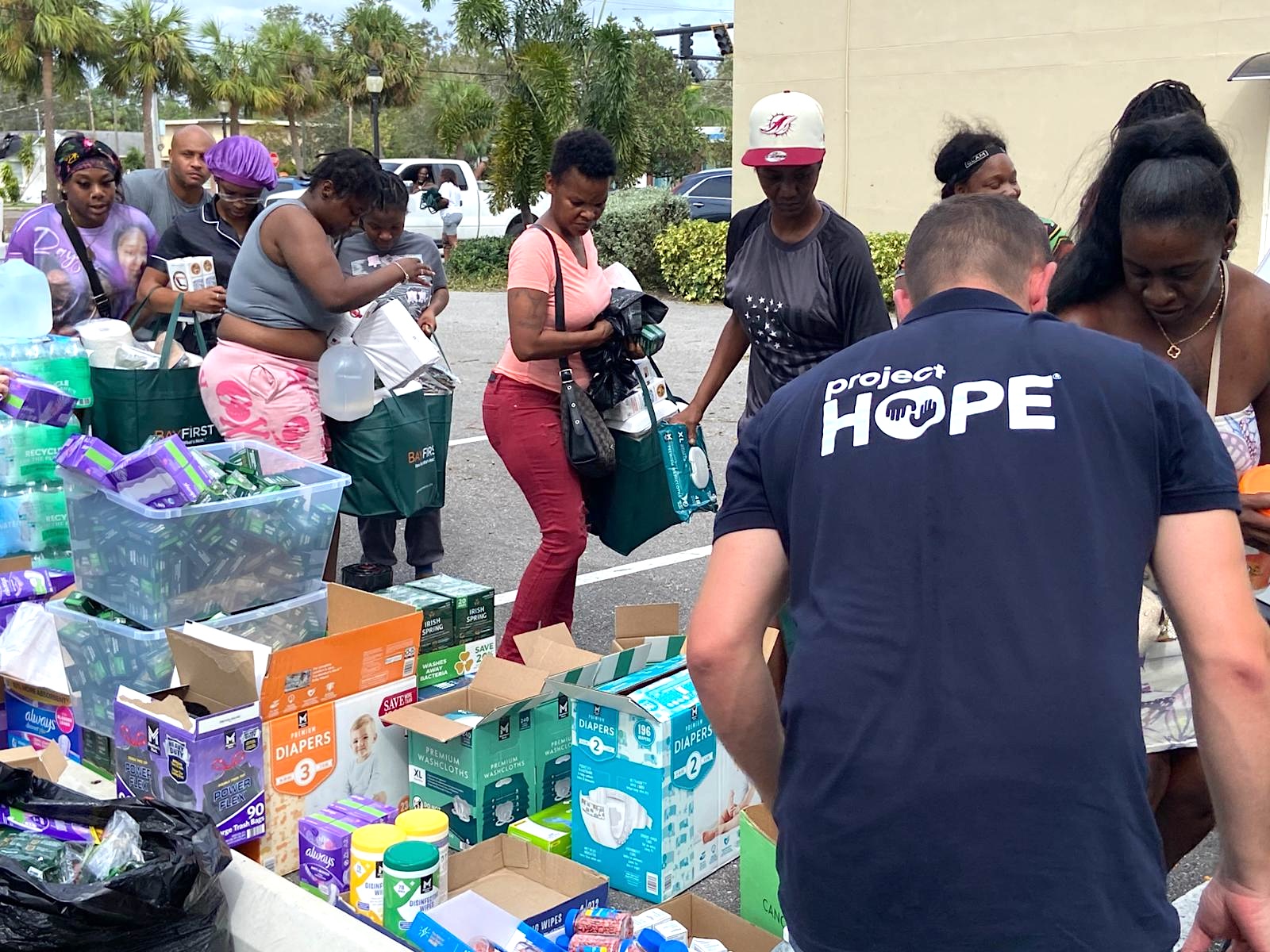
How is Project HOPE responding to Hurricane Milton?
In the immediate aftermath of Hurricane Milton, Project HOPE deployed emergency response professionals to Florida to provide critical medicine and humanitarian relief to the most affected communities. In the first phase of our response, Project HOPE partnered with our longtime partners SAMU, a Spanish medical emergency organization, to clear debris and amplify our capacity for supply distributions.
Today, Project HOPE is implementing long-term health strengthening programs following Milton’s destruction. Our team has established grant-based partnerships for mental health and psychosocial support activities, community outreach work, and educational programming with three local organizations: Capacity Path, Boricuas, and the Refugee and Migrant Women’s Initiative (RAMWI). The team also continues to distribute essential supplies to local partners to shore up health facilities and improve access to basic supplies and health care.
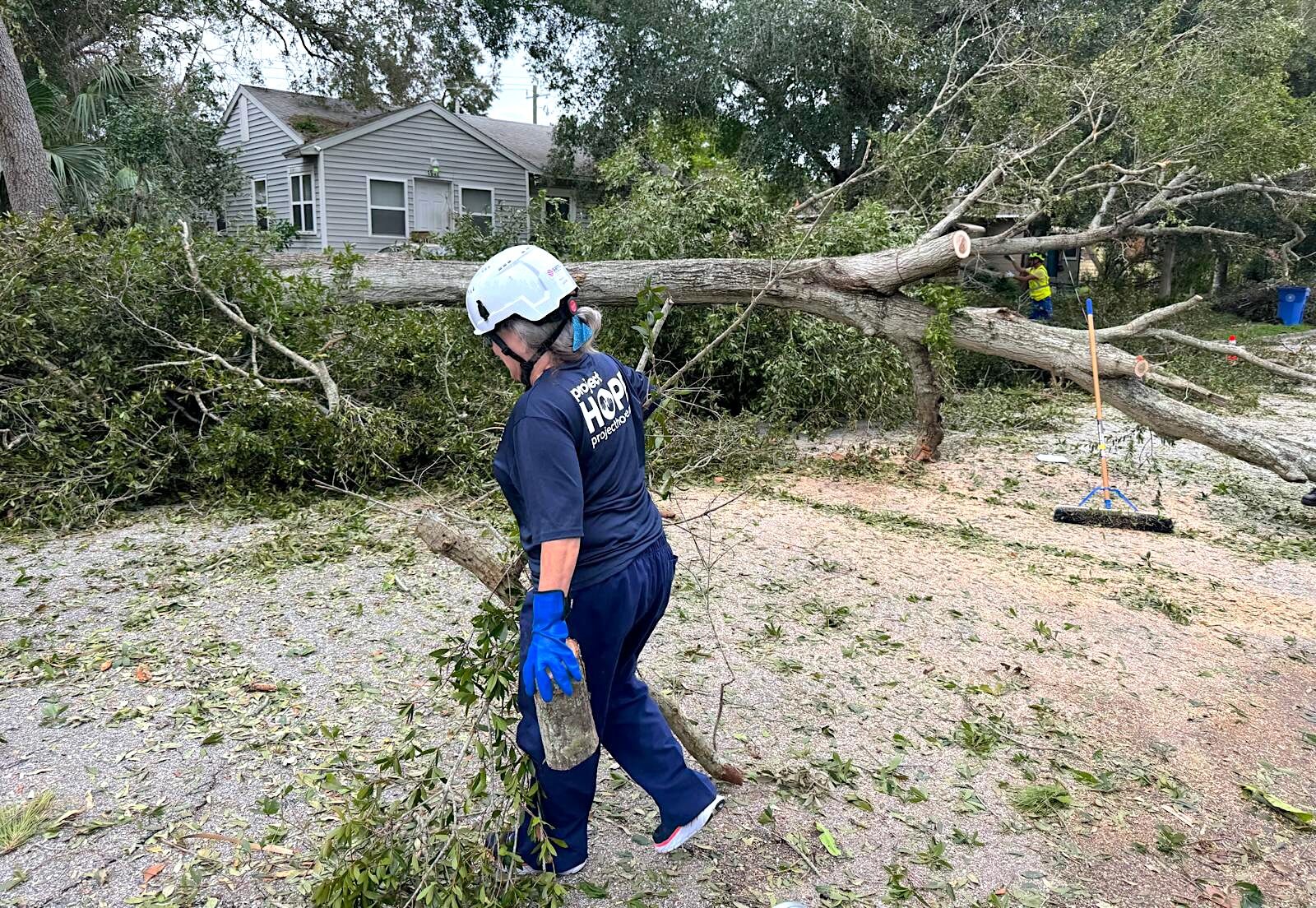
Where did Hurricane Milton make landfall?
Hurricane Milton made landfall near Sarasota, Florida on October 9 as a Category 3 hurricane, causing extensive flooding, up to 18 inches of rain in some areas, and storm surge up to eight feet along the western coastline. Milton continued across the Florida peninsula causing wind damage and flooding across the state. Wind speeds over 100 miles per hour whipped across the Tampa Bay area, leaving more than 3 million people without power.
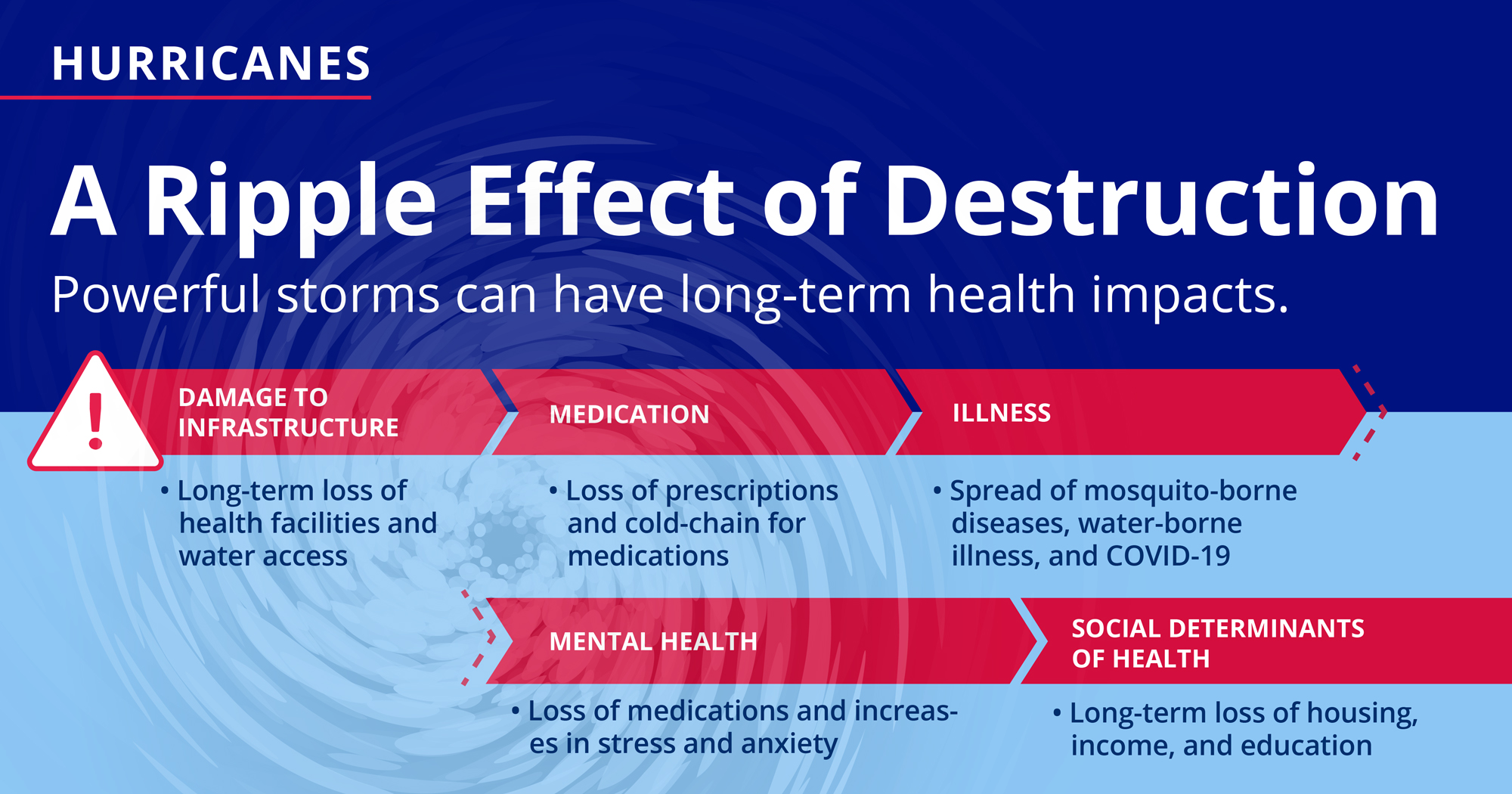
What is Project HOPE’s history in the U.S.?
Project HOPE has a long history of emergency response in the United States. Project HOPE recently responded to Hurricane Ida in 2021, Hurricane Ian in 2022, and Hurricane Idalia in 2023 by providing surge staffing to health facilities, delivering urgently needed supplies to affected communities, and equipping health facilities with medicines and supplies.
Project HOPE and SAMU First Response conducted joint responses to the devastating earthquakes in Türkiye, Syria, and Morocco last year, aiding in search and rescue and providing immediate medical care.
Project HOPE previously partnered with free and charitable clinics across the southeast during the Covid-19 pandemic, helping dozens of clinics across Alabama, Florida, Georgia, Louisiana, and Texas provide more than 21,000 vaccines to communities in need. As frontline responders to underserved and under-resourced communities, charitable clinics are critical to improving health equity, especially during emergencies. Project HOPE is committed to supporting local responses and partnering with local organizations.


